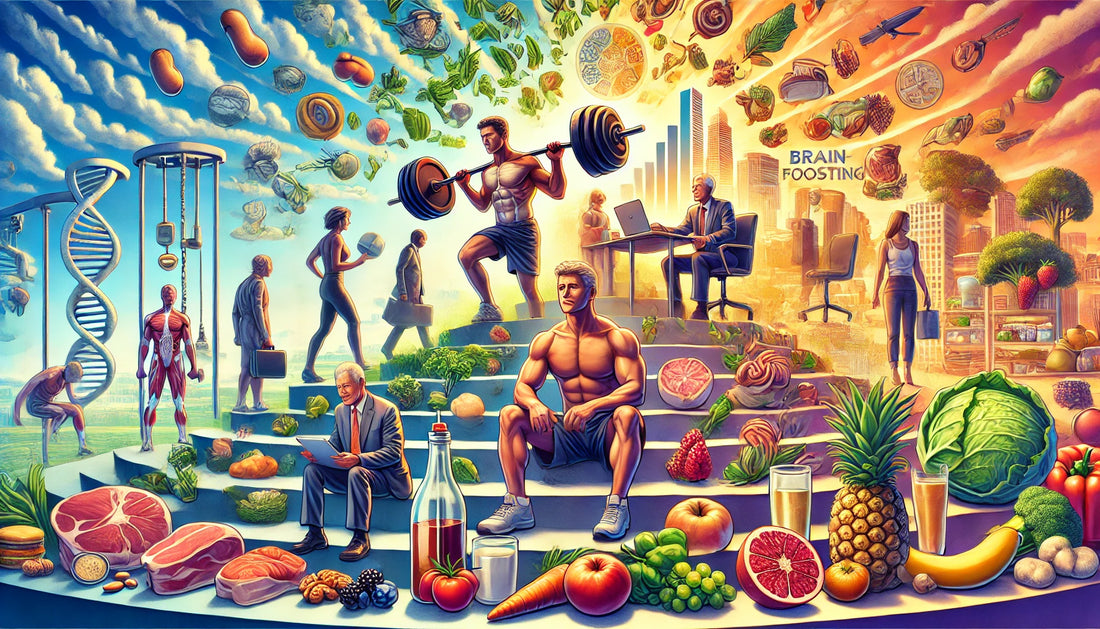When people ask me what I think the right diet is for the vast majority of human beings, I tell them that there are different tiers.
It depends on your disciplines, influences throughout your life, stress levels, and coping mechanisms. It depends on what options you have available and your stage of life—whether you’re sick or healthy. It also depends on how much energy you need. If you’re extremely active, your diet should look different than that of a person who is not active.
Even though I know for absolute certain that we do not need to eat animal protein at any point in our journey to be strong and healthy, I don’t preach that type of diet to people who don’t want to adopt it.
I believe that eating a plant-based diet and staying away from processed foods is a different tier of experience. It is more advanced than whatever diet society is following at any given moment in history. When your diet has to be truly healthy, peaceful, and good for the planet, you’re forced to change habits and think about things differently. You’re forced to change the habit of consuming processed and ultra-processed foods that you may have been exposed to in the earlier parts of your life.
This is hard to express without sounding judgmental, but I do think that when we’re younger and lack certain types of analytical experience, we tend to see things as we want them to be, not as they actually are. For example, when I was in my 20s, lifting heavy weights and doing lots of push-ups, my obsession was building more muscle because I was enamored by it. I found it beautiful and thought others would admire it, even in a heterosexual context, as strong-looking men are often respected. This is perhaps an ingrained instinct. At that stage, I didn’t have a healthy sense of self-esteem. If I believed sculpting my body was a way to build myself up, I would chase after it, even if it meant consuming more animal protein. This is similar to how some people take steroids to build muscle despite knowing the risks. It’s part of the impetuous nature of youth, and many of us carry this into our adult lives.
In my 40s, as I shifted my focus to business and family, I needed brain fuel, not muscle fuel. Incidentally, brain fuel also supports muscle health, but not the kind built by amplifying animal protein intake. My addiction to animal protein, and the way it stimulated me and made me feel strong, had to change. In my 50s, I want to be relaxed and calm. I don’t want surges of adrenaline, waves of anxiety, or the subsequent release of cortisol and other stress hormones. As I got older, I started to learn the art of letting go of past troubles. Reading, writing, talking, listening to lectures, and just sitting with my feelings helped me begin to let go of my troubles.
